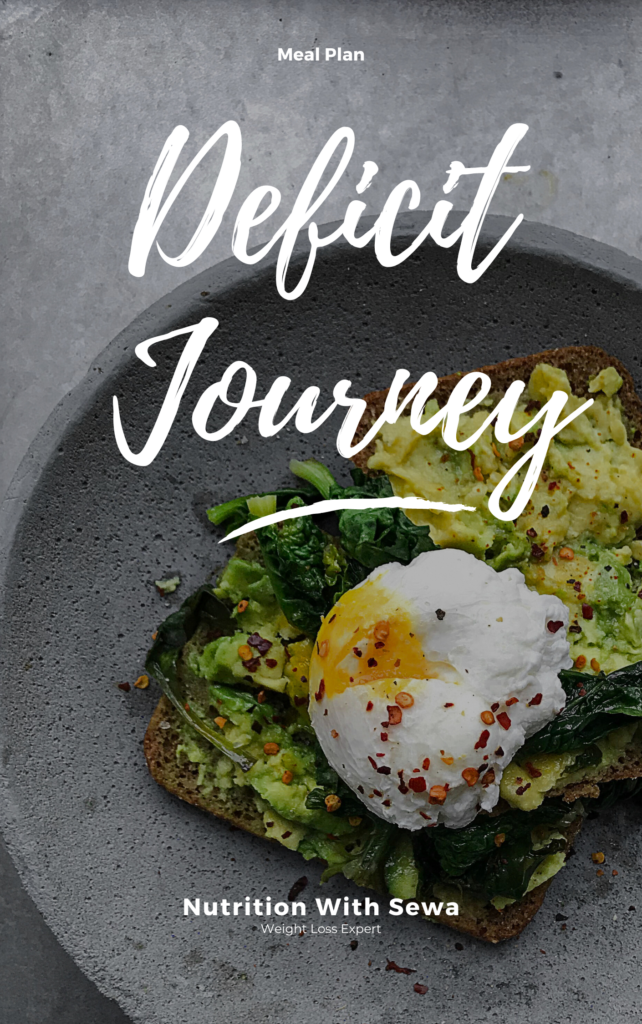In the fast-paced rhythm of modern life, maintaining a healthy diet can be a challenge, especially when it comes to snacking. Protein snacks, particularly protein bars, have emerged as a popular choice for those looking for nutritious, convenient, and satisfying options. Whether used as a replacement for sweets, a meal substitute, or a quick bite on the go, protein bars offer several benefits, especially in the context of weight loss and healthy eating.
Types of Protein Snacks
Protein snacks come in various forms, catering to different tastes and dietary needs:
Protein Bars: These are one of the most popular protein snacks, available in a wide range of flavours and formulations. They often contain a blend of proteins like whey, soy, or plant-based proteins, along with fibre, vitamins, and minerals.
Greek Yogurt: High in protein and calcium, Greek yogurt is a creamy and delicious snack that can be enjoyed alone or with fruits and nuts.
Nuts and Seeds: Almonds, walnuts, pumpkin seeds, and chia seeds are not only rich in protein but also healthy fats and fibre.
Cottage Cheese: This dairy product is high in protein and can be paired with fruits or vegetables for a balanced snack.
Jerky: For those who prefer meat-based snacks, jerky (beef, turkey, or even plant-based versions) is a high-protein option.
Protein Bars as a Sweet Replacement and Meal Substitute
Protein bars are often marketed as healthier alternatives to sweets and desserts. Many brands offer bars with flavours that mimic popular desserts, providing a sweet taste without the high sugar content of traditional sweets. This makes them a great option for those looking to satisfy their sweet tooth while still sticking to their health goals.
Additionally, protein bars can serve as a convenient meal replacement. They are particularly useful for those who have little time to prepare meals but want to avoid resorting to fast food. A high-quality protein bar can provide a balanced mix of protein, carbohydrates, and fats, along with essential vitamins and minerals, making it a suitable substitute for a traditional meal in a pinch.
Convenience for the Busy and On-the-Go Lifestyle
The portability and non-perishable nature of protein bars make them an ideal snack for people who are always on the move. They can be easily stashed in a purse, backpack, or desk drawer, providing a quick and convenient source of nutrition when you’re in a rush or away from home. This convenience ensures that you have access to a healthy snack option at all times, reducing the likelihood of turning to less nutritious alternatives.
Protein Bars and Weight Loss
Incorporating protein bars into a weight loss plan can be effective for several reasons:
Satiety: Protein is more satiating than carbohydrates or fats, meaning it can help you feel full for longer. This can reduce overall calorie intake by curbing the need for additional snacking.
Metabolism Boost: A higher protein intake can slightly increase the number of calories your body burns, as protein requires more energy to metabolise compared to fats or carbs.
Muscle Maintenance: When losing weight, it’s important to preserve muscle mass. Consuming adequate protein, including from protein bars, can help maintain muscle, especially when combined with strength training exercises.
Controlled Calorie Intake: Many protein bars are portion-controlled and designed with specific calorie counts. This feature allows you to track and control your calorie intake more effectively, supporting weight management goals.
Protein snacks, and protein bars in particular, offer a convenient and nutritious option for busy individuals, those looking to manage their weight, or anyone in need of a quick nutritional boost. They can effectively replace less healthy snacks and sweets, and even serve as a meal substitute when necessary. However, it’s important to choose bars that are low in added sugars and artificial ingredients and to use them as part of a balanced diet. As with any dietary choice, moderation is key, and protein bars are best used as one component of a varied and nutritious diet.

